Finishing Touches for Asphalt, Concrete, and Pavers: Maximizing Durability and Appeal
Why sealants and sand are crucial for long-lasting asphalt, concrete, and paver surfaces
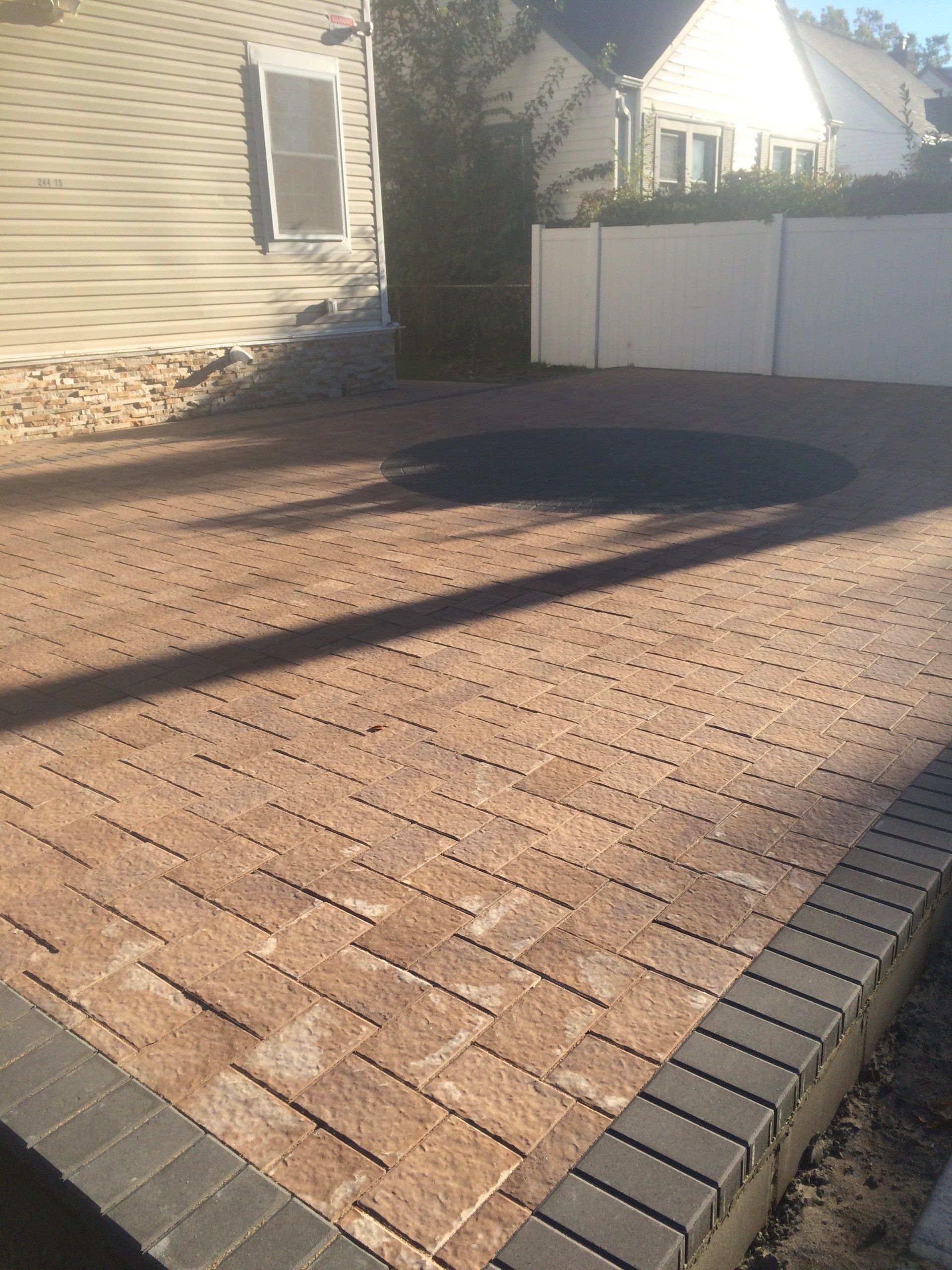
When it comes to the exterior of your home or business, it's the finishing touches that truly make a difference. Whether you're working with asphalt, concrete, or pavers, these materials form the foundation of driveways, patios, and pathways. However, to ensure they last and continue to look their best, applying protective measures and maintenance techniques is crucial.
At JIP Construction, we specialize in helping you perfect these finishing touches, transforming ordinary surfaces into durable, visually appealing features that can withstand weather, wear, and tear. In this post, we’ll explore why sealants and sand are two of the most important final steps in the process, how they impact your asphalt, concrete, and paver installations, and which options are best for long-term results.
Protecting Asphalt and Concrete: The Power of Sealant
Both asphalt and concrete are reliable, cost-effective materials used for everything from driveways and parking lots to sidewalks and patios. However, despite their durability, they are not invincible. Over time, exposure to the elements—sun, rain, snow, and ice—can cause cracks, fading, and even major structural damage. This is where sealants come into play.
Why Sealant is Crucial
A sealant is a protective layer applied over the surface of asphalt or concrete that helps:
- Prevent Water Damage: Sealants create a waterproof barrier, preventing moisture from seeping into cracks and causing them to expand during freeze-thaw cycles.
- Extend the Lifespan: By sealing off pores and small cracks, it slows down deterioration, keeping the surface smoother for longer.
- Protect Against Chemicals and Oil: Driveways, in particular, can accumulate oil, gas, and other chemical spills, which can erode the surface over time. Sealants resist these elements.
- Enhance Appearance: A fresh sealant can give your surface a clean, sleek appearance. For asphalt, it restores the deep black color, while for concrete, it can add a subtle sheen.
When and How to Seal
Experts recommend sealing asphalt every 2-3 years, while concrete surfaces benefit from sealing every 3-5 years depending on traffic and exposure to harsh weather conditions. Autumn is often an ideal time to apply sealant because it ensures that your driveway or patio is protected before the harsh winter months.
At JIP Construction, we use only high-quality sealants designed to give you maximum protection with minimal environmental impact. Whether you’re sealing a residential driveway or a commercial parking lot, our team ensures a flawless, long-lasting application.
Pavers: Locking in Durability with Sand
When it comes to paver installations for driveways, patios, and walkways, the final step that should never be skipped is applying sand between the joints. Paver joints are the spaces between individual stones, and while these joints may seem small, they play a significant role in the structure and longevity of the surface.
Why Sand is Essential for Pavers
Filling paver joints with sand serves multiple important purposes:
- Prevents Shifting and Movement: Over time, pavers can shift or become loose, especially in high-traffic areas or where the ground naturally settles. Sand helps lock them in place, maintaining the stability of the installation.
- Stops Weed Growth: Weeds can grow between the gaps if not properly filled, leading to an unsightly surface and potential damage as roots spread. Sand creates a tight seal, reducing the likelihood of weeds sprouting up.
- Prevents Erosion and Water Damage: Water can erode the base material if it flows unchecked between the pavers. Joint sand minimizes this risk by preventing water from penetrating too deeply, helping with water runoff management.
- Provides Structural Support: Sand enhances the interlocking mechanism of pavers, which is crucial for handling the weight of vehicles in driveways or the constant foot traffic on patios.
Types of Sand for Paver Installation
Two main types of sand are typically used in paver installation: regular sand and polymeric sand.
- Regular Sand: A basic option that works well for many applications. It’s easy to apply and helps with locking pavers in place. However, it may need to be refilled over time as it gets washed away.
- Polymeric Sand: A more advanced option that contains a mixture of sand and special additives that harden when exposed to water. This creates a more permanent seal, making it an excellent choice for areas exposed to heavy rainfall or high traffic.
At JIP Construction, we offer both options and help you select the best sand based on your specific project needs. Proper sanding is a vital finishing touch that ensures the long-term stability and appearance of your paver installation.
Backyard Paver & Patio Design Ideas for Fall 2024
With the cooling temperatures of fall, it's the perfect time to refresh your outdoor spaces. Pavers are a fantastic option for both residential and commercial projects, offering both functionality and aesthetic appeal. Here are some trending ideas for backyard paver installations this fall:
- Modern Geometric Layouts: Sharp lines and bold patterns are in style for 2024, offering a clean, minimalist look for patios and walkways.
- Eco-Friendly Permeable Pavers: Designed to allow water to pass through, these pavers reduce runoff and help with drainage, ideal for eco-conscious homeowners.
- Low-Maintenance Paver Designs: Using durable materials that require minimal upkeep, such as concrete or stone pavers, ensures your outdoor space remains beautiful with less effort.
- DIY Small Space Paver Projects: For those with limited space, small patios or garden walkways made from easy-to-install paver kits are a popular choice.
- Fall-Themed Outdoor Entertaining Spaces: Create a cozy space for autumn BBQs with pavers in earth tones, fire pits, and comfortable seating.
Choosing the Right Driveway Pavers for Your Project
As we move into the colder months, many homeowners and business owners begin thinking about their driveway’s resilience. Pavers offer an attractive alternative to asphalt or concrete, particularly in colder climates where freeze-thaw cycles can wreak havoc on traditional surfaces.
- Heavy-Duty Pavers: These are ideal for driveways, providing the strength to withstand heavy loads and fluctuating temperatures.
- Luxury Paver Designs: For those looking to enhance their home's curb appeal, luxury pavers offer a range of colors, textures, and patterns that can turn an ordinary driveway into a showpiece.
- Sealing Pavers Before Winter: As with other surfaces, applying a sealant to pavers before winter can help them resist damage from snow, ice, and road salts.
Commercial and Industrial Paving Solutions
For commercial spaces, such as warehouse entrances, parking lots, and loading docks, pavers provide a durable, low-maintenance solution. Heavy-duty pavers are designed to handle the weight of trucks and industrial equipment while offering an attractive, professional look.
At JIP Construction, we offer specialized paver installations for commercial and industrial spaces. Our team ensures that every project meets industry standards for durability and safety.
Final Thoughts on Finishing Touches for Asphalt, Concrete, and Pavers
The finishing touches—whether it's sealing asphalt or concrete, or adding sand between pavers—are critical for protecting your investment and ensuring the longevity of your surfaces. At JIP Construction, we pride ourselves on delivering high-quality services that not only enhance the appearance of your property but also extend the life of your exterior surfaces.

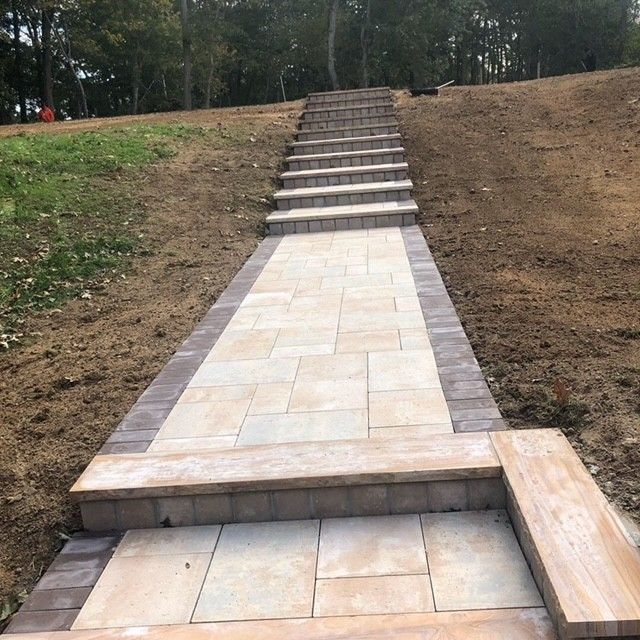
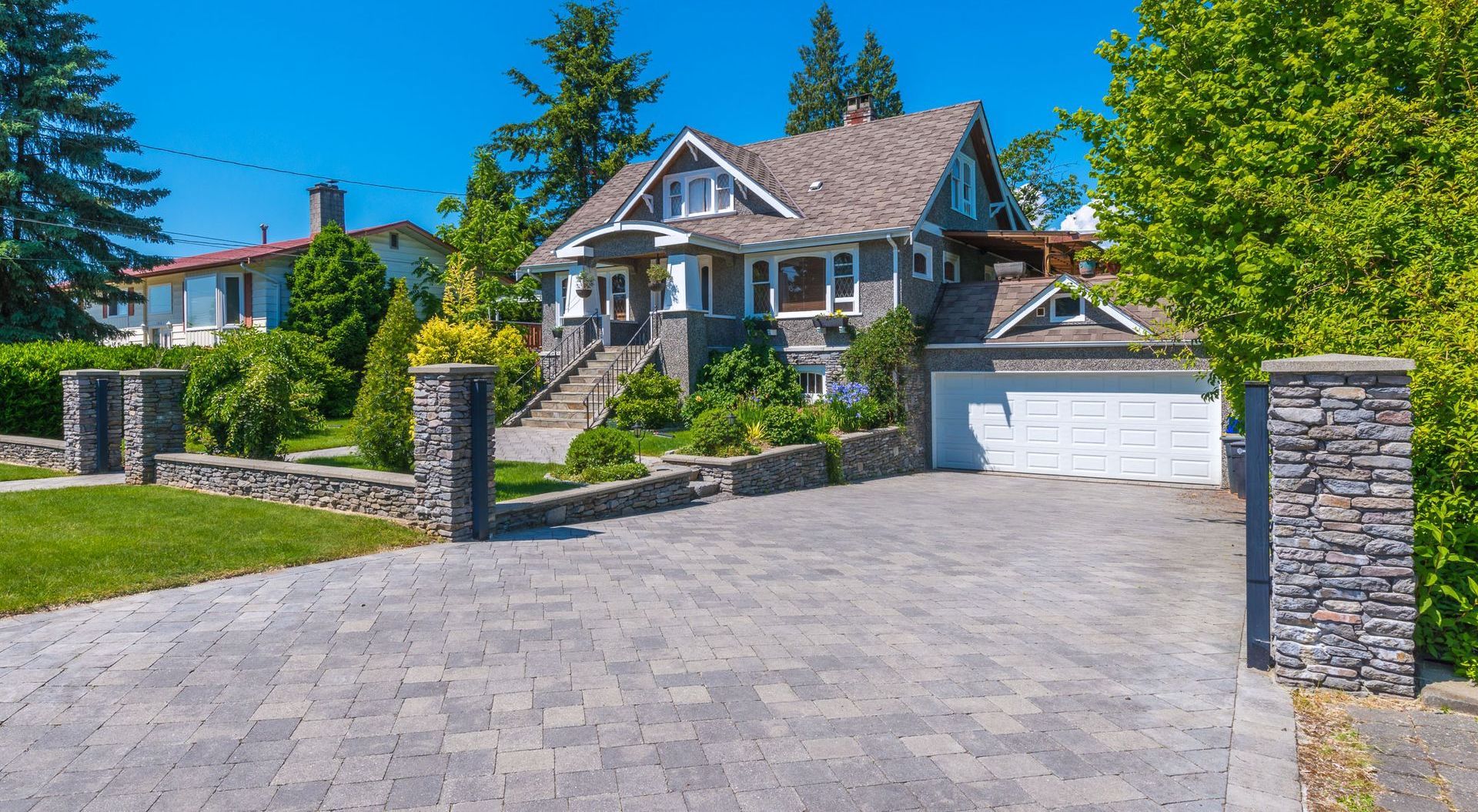


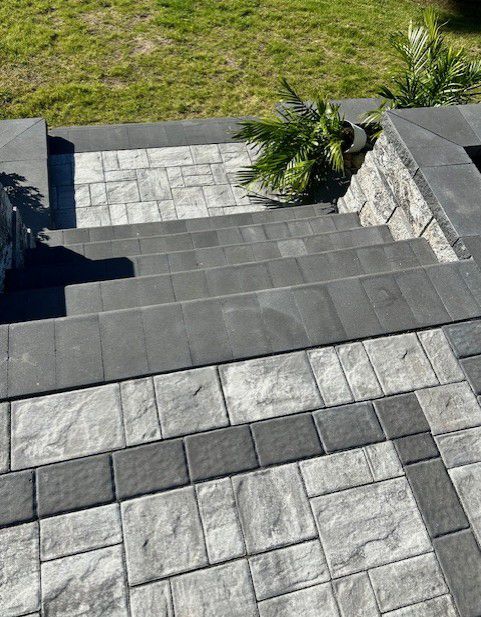
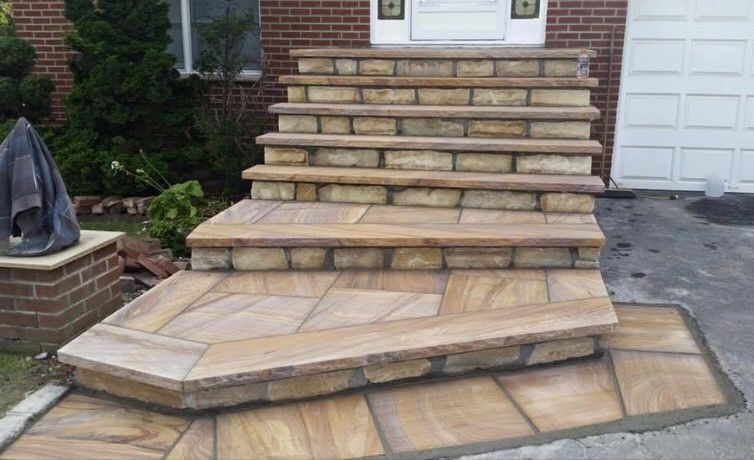
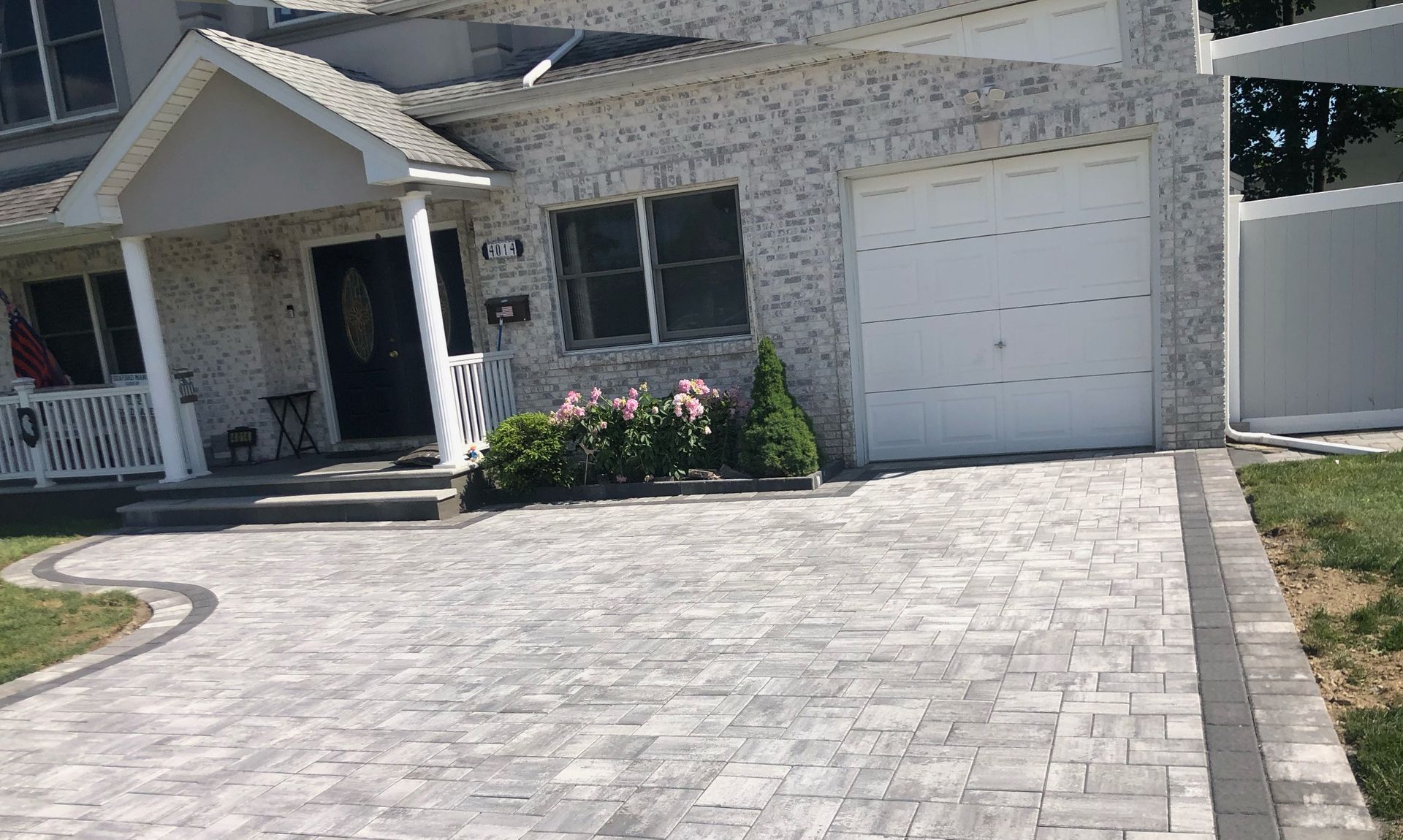
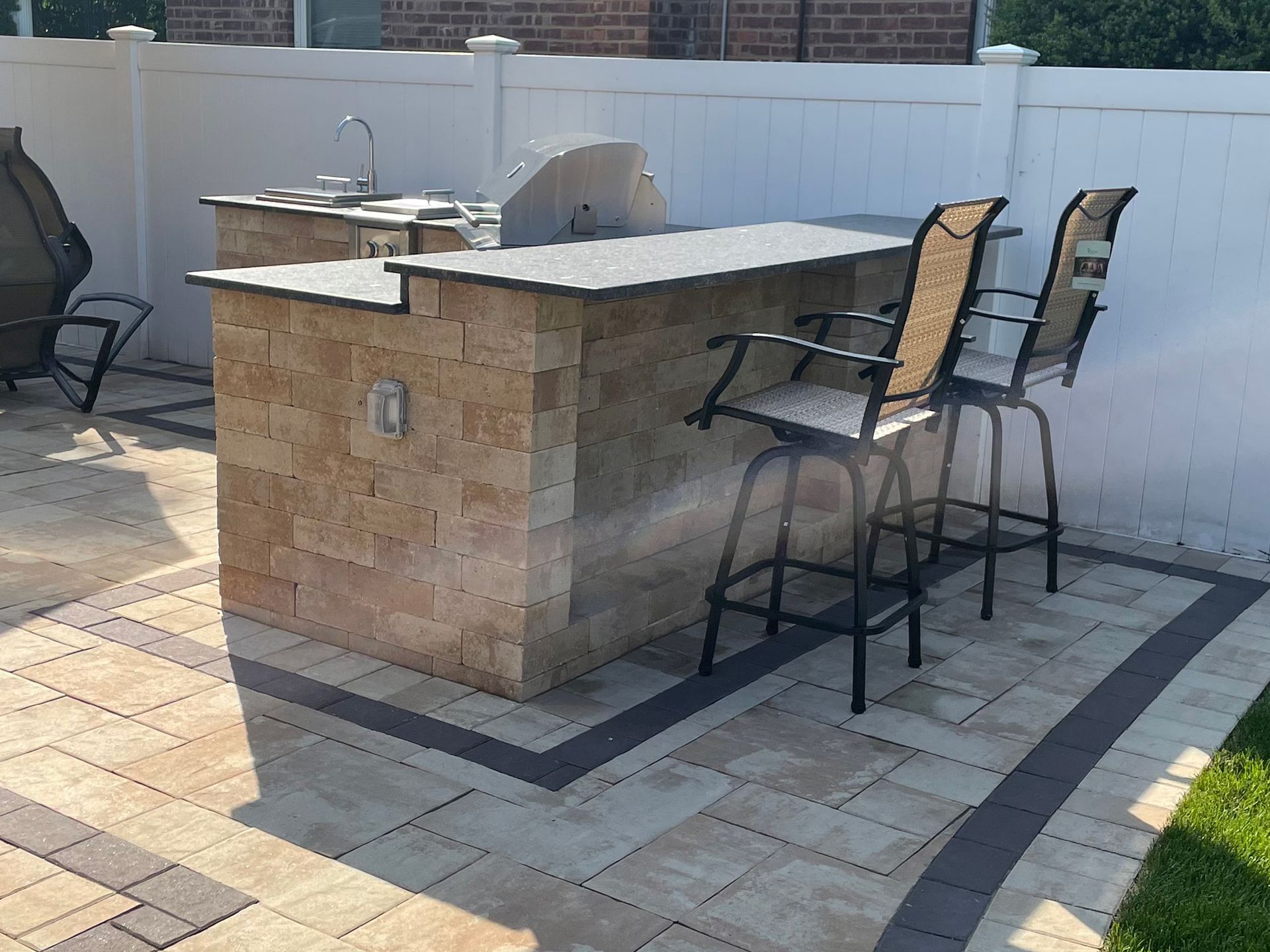
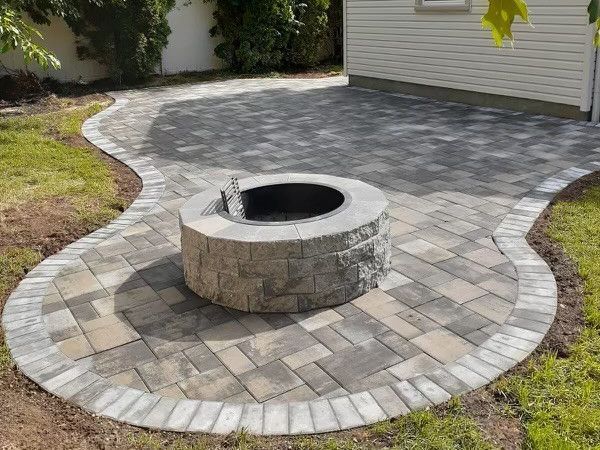
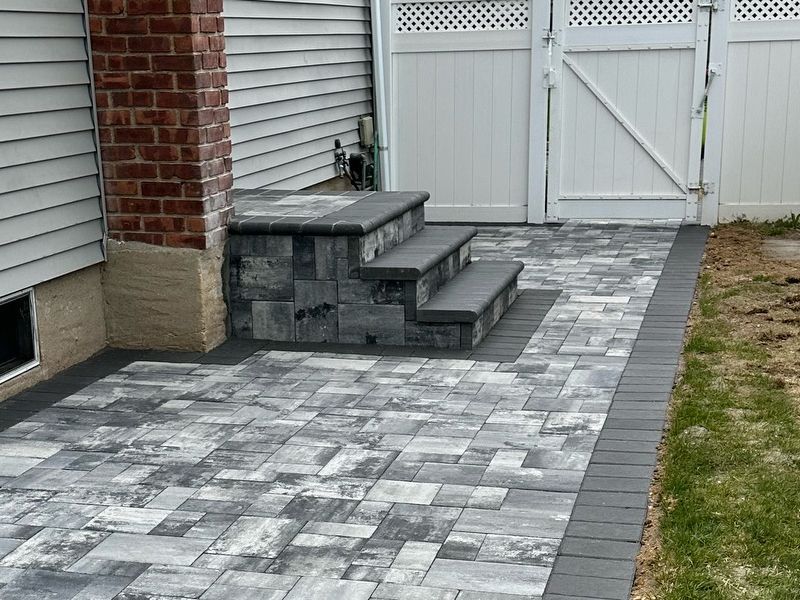

Share On: